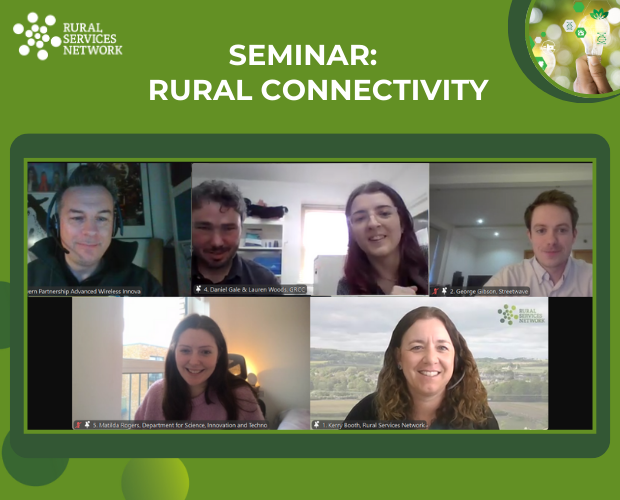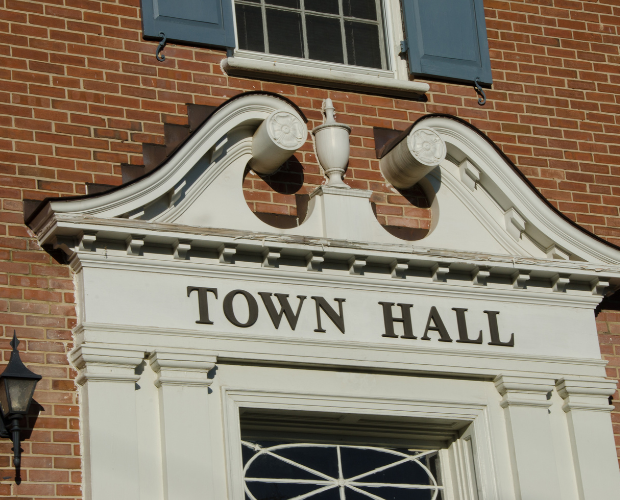T: 01822 851370 E: [email protected]
Join forces to secure fairer deal, rural communities urged
 PRESS RELEASE
PRESS RELEASE
For immediate release
Monday 12 September 2016
Countryside communities must join forces to secure a fair deal from the government following Brexit, the Rural Services Network [1] has warned.
Rural Services Network chair Cecilia Motley said a united front across all rural interest groups and sectors was vital to ensure the government recognised rural needs as the UK prepared to leave the EU.
Rural residents – especially those in sparsely populated and isolated areas – must not be overlooked in favour of the interests of larger towns and cities, she warned.
Urging voluntary organisations, local authorities and rural businesses to work together, councillor Motley said: “It is essential that a cohesive rural voice is strong so it can be heard.”
Irrespective of the vote in favour of Brexit, and the challenges and opportunities that brings, councillor Motley said it was important to remember that rural communities continued to face the same unchanged major challenges in remaining sustainable into the future.
“Many rural communities still lack decent broadband and there are still challenges around important issues such as rural public transport and affordable housing,” she said.
“On top of all this, the present unfairness in the amounts of government grant to rural vouncils compared to their urban counterparts hangs like a sword of Damocles.”
Councillor Motley was speaking after rural councillors and other community leaders gathered for their annual conference at the University of Gloucestershire [2].
She said: “What Brexit has done is overlay the whole situation – it gives us a whole different dimension that we as rural communities and service providers have to take into account.”
Brexit was an opportunity for the government to devise policies specifically aimed at resolving the problems faced by UK rural communities and businesses across all sectors.
But there was also a risk that the government would not continue funding for rural communities that was currently guaranteed from Brussels and which supports the rural economy [3].
Councillor Motley said: “MPs and government ministers need to be working on behalf of rural communities and businesses in their best interests – and the RSN is on hand to assist in getting this opportunity right.”
Notes to Editors:
[1] The Rural Services Network is the only non-governmental organisation representing the interests of rural service providers and the communities that they serve. It involves currently some 154 Local Authorities and over 100 other service providers.
The Rural Services Network community networks exceeds 10,000 parish council contacts and over 3,000 local schools. It communicates weekly with around 50,000 through its newsletters and periodicals. For details, visit www.rsnonline.org.uk.
[2] The Rural Conference "Brexit - Survival of the Fittest – Making the Case for Rural" was held on 6-7 September at the Park Campus, Cheltenham, University of Gloucestershire. For full details, visit http://www.rsnonline.org.uk/rsn-rural-conference-2016/rsn-rural-conference-2016.
[3] A government statement on 13 August 2016 pledged that “all structural and investment fund projects, including agri-environment schemes, signed before the Autumn Statement will be fully funded, even when these projects continue beyond the UK’s departure from the EU.”
The government also pledged that “the current level of agricultural funding under CAP Pillar 1 will be upheld until 2020, as part of the transition to new domestic arrangements”. But there was no guarantee regarding funding for rural projects agreed after the government's forthcoming Autumn Statement, which is expected to be made by the Chancellor in November.
Media contact:
Graham Biggs
Rural Services Network
E: [email protected]
T: 01588 674 922
M: 07966 790197
ENDS.
SIGN UP TO OUR NEWSLETTER
Sign up to our newsletter to receive all the latest news and updates.









